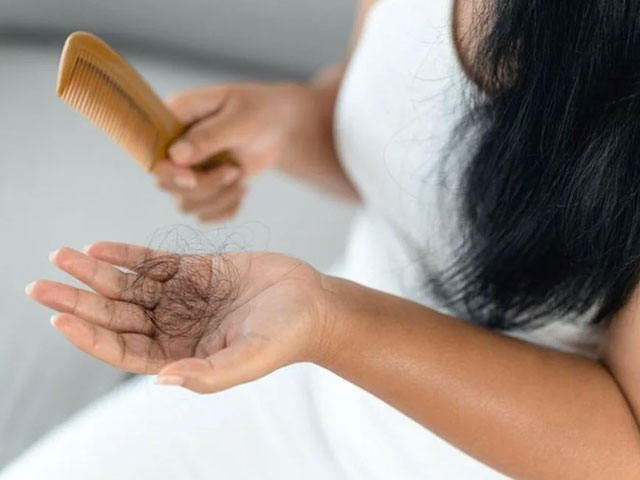
What Causes Hair Loss? Best Hair Loss Treatment
Hair loss is usually of genetic origin, but pollution, stressful life and even bad eating habits can also be the cause. Moreover, inflammatory diseases such as sinusitis and even intestinal parasites can trigger hair loss, while nutritive deficiencies (B12, magnesium, zinc and iron) also can.
Hair loss is a very common aesthetic problem as hair is one of the top body parts of our beauty and health perception in social life. Naturally, weakened hair must fall out to renew themselves and let new hair grow from the hair follicles. But when hair regrowth cannot cover at least 90% of the lost amount, this is clinically called the beginning of baldness.
What triggers hair loss?
Hair loss in men starts to occur with hormonal changes after puberty. Since male genetics are more prone to hair loss, baldness problem occurs in most men by age. In women, hair loss is rarer, and is generally caused by individual gene differences or sex-related periods. Too much stress, imbalance of thyroid hormone, use of birth control pills, pregnancy, breastfeeding and menopause may trigger hair loss in women. Other procedures such as hot perms, blow-drying, etc. expose the scalp to excessive conditions and lead to critical hair loss in the long term.
Substances found in most shampoos, which make the shampoos foam and are also found in the content of laundry and dishwashing detergents, can disrupt the health of the scalp and damage the hair strands.
How to prevent hair loss?
After diagnosis with the help of a cosmetic dermatologist, if there is hair loss as a result of the disease, a treatment path is followed accordingly. If necessary, vitamin supplements are administered and a protein-supported diet may be adopted. If there is a hormonal balance disorder, hormone balancing treatments are performed. Correct diagnosis and treatment can reduce hair loss to normal levels.
The use of various medications under expert control is good for hair loss. Such medications strengthen weak hair strands and thicken thin hair strands. It provides treatment for hair strands that are about to fall out and prevents them from falling out. With the method called hair mesotherapy, vitamins, minerals and circulation regulating substances are injected into the scalp with micro-needles. After the injection process is finished, the scalp is massaged to ensure that the injected substances spread evenly to the hair follicles. This treatment, which can be applied as a cure, contributes to strengthening the hair follicles and thickening the hair.
Daily cleaning and hair care routines can prevent some hair loss by supplying fresh air to the hair follicles and are also very important for the hair strands. The scalp should be gently washed at regular intervals, the hair should be cleaned with gentle movements while washing and care should be taken to ensure that the hair is always clean.
Can herbal treatments at home prevent hair loss?
Some natural methods to accelerate blood circulation in the scalp can prevent hair loss but only to some extent. For example, massaging the scalp with olive oil and coconut oil contributes to the acceleration of blood circulation. Again, if a pinch of rosemary is boiled for 20 minutes, cooled and then used in hair rinsing, it strengthens the hair. Although many herbal solutions are recommended against hair loss, the most rational way is to consult a cosmetic dermatologist in case of severe hair loss.
What is the best hair loss treatment?
Today, the most effective method used against hair loss is hair transplantation. Hair transplantation is an attempt to provide a balanced appearance by taking the hair strands in the lower back of the scalp, whose roots are not shedding, and applying them to the balding parts of the scalp.
Of course, your first stop should be a cosmetic dermatologist to determine the cause of your hair loss and to learn your best options against hair loss. New and more successful methods are being introduced every day in hair transplantation procedures. Your doctor will determine the right and most up-to-date hair transplant operation for you and ensure that the post-operative follow-up is perfect.



